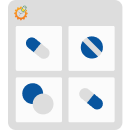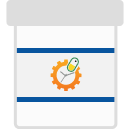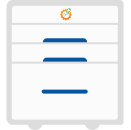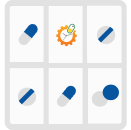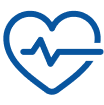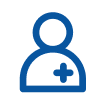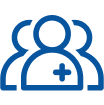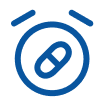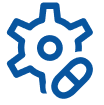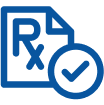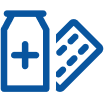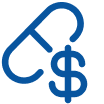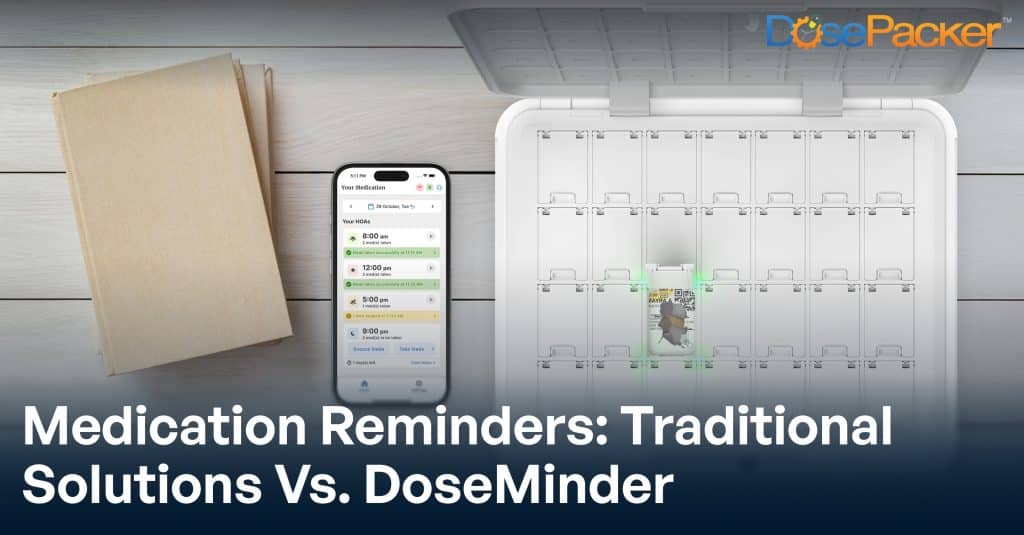Unlock the latest in medication management technology and grow your care community with us.
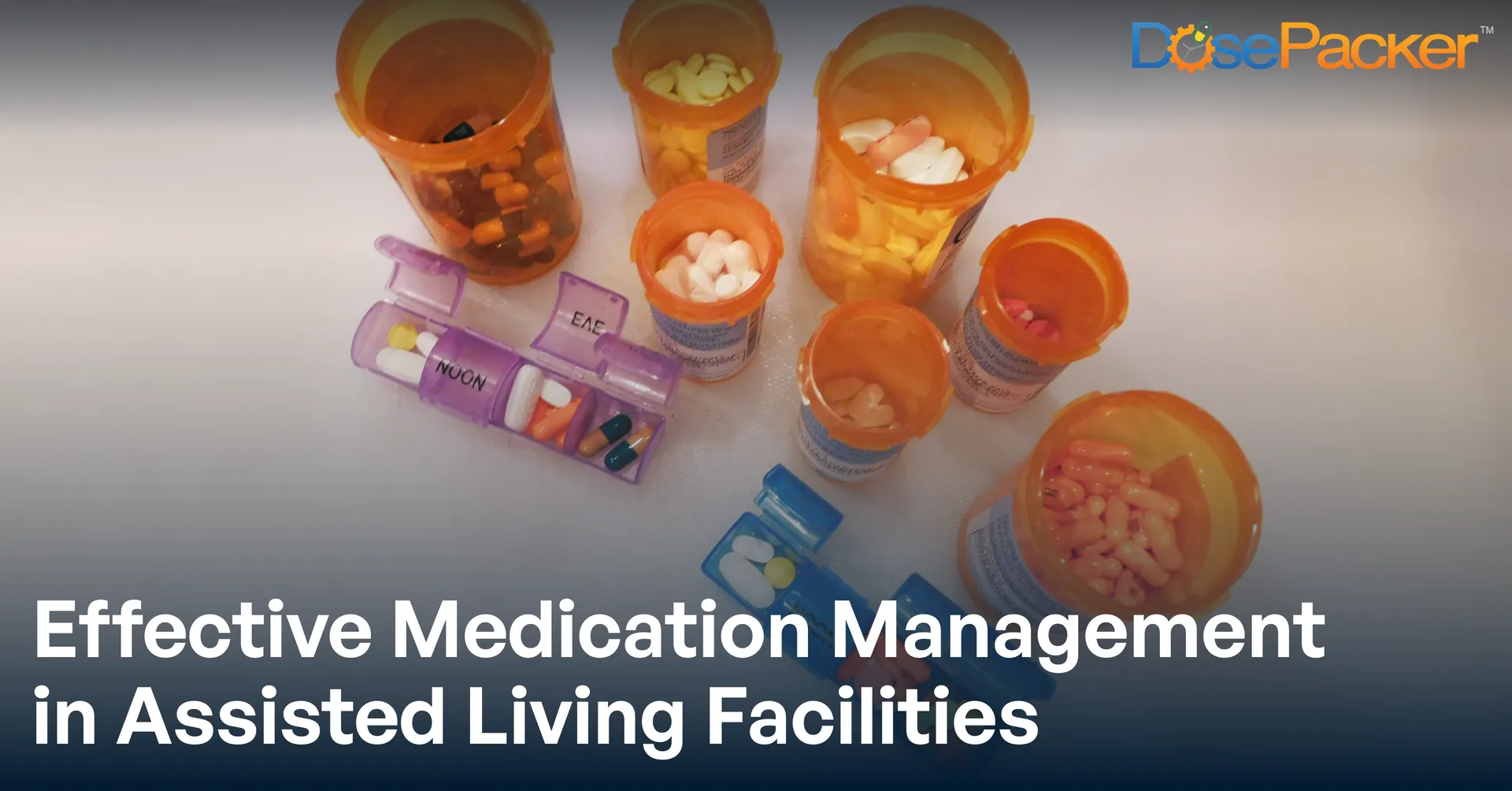
Research shows that about 77.5% of residents in assisted living communities need help taking their medications. As our senior population grows, assisted living communities face an increasing challenge: ensuring every resident receives the right medication at the right time.
Effective medication management systems must be in place to ensure that the meds are administered correctly. Medication management in assisted living communities involves more than just handing out pills. It’s also about ensuring each prescribed medication is given at the precise time and dosages. When done correctly, it can greatly improve residents’ health and quality of life.
However, managing medications is complex, with little room for error. In a world where the stakes are so high, having the appropriate tools and systems in place is essential. That’s where DosePacker comes in. Our innovative solutions are designed to streamline medication management and make it safer and more efficient for everyone involved.
Medication Management Made Easier with DosePacker
Why is Medication Management in Assisted Living Communities Important?
Effective assisted living medication administration encompasses a series of processes designed to ensure that residents receive their meds correctly. This includes:
- Ordering and receiving medications from the pharmacy
- Storing medications securely
- Preparing doses for administration
- Administering medications to residents
- Monitoring for side effects and effectiveness
- Documenting the medication administration records
Medication errors are still common in assisted living communities despite following these processes diligently. Studies show that nearly 50% of medication errors occur during the administration phase. These can have serious repercussions, such as:
- Adverse drug reactions
- Hospital admissions
- Increased healthcare costs
- Reduced quality of life for residents
- In severe cases, it can even lead to fatalities
When you plan to start an assisted living community, always prioritize establishing systems that help ensure proper medication management so that residents receive the best care possible.
Challenges in Medication Management for Assisted Living Communities
While effective medication management is essential, achieving it in assisted living communities comes with its own set of challenges.
Keeping Up With Prescriptions
One of the challenges is the complexity of care due to numerous residents having chronic conditions who require multiple medications. Managing these involves:
- Approximately 40% of older adults take five or more medications daily (Polypharmacy). Taking multiple medications increases the risk of drug interactions and side effects.
- Medications may need to be adjusted regularly based on a resident’s changing health status. Caregivers at assisted living facilities have to keep up with the frequent changes in prescriptions.
Human Error
Another critical issue is human error. Despite best efforts, mistakes can happen, especially in manual processes:
- Staff may accidentally skip a dose, leading to potential health risks for the resident.
- Incorrect administration of the medication or dosage is a common error.
Communication Errors
Medication management becomes more complicated due to communication barriers, such as:
- Communication issues between healthcare providers: Miscommunication or lack of clear instructions can result in errors in medication administration.
- A lack of orderly communication channels within the assisted living facility can confuse caregivers about dose administration details.
- There can also be delays in placing prescription refill requests or no clear communication with the pharmacy about the medication delivery dates. Such errors can disrupt a resident’s treatment regimen. DosePacker’s CareCommunityOS can help tackle all these problems from a single comprehensive software.
Lack Of Staff And Training
Lastly, there’s the issue of staffing and training:
- High staff turnover rates can lead to inconsistency in medication management practices.
- Without proper training, staff may lack the necessary knowledge to manage complex medication regimens effectively.
These challenges are tough but not impossible to overcome. Adopting robust systems and medication management processes is key to keeping residents healthy and safe.
Best Practices of Medication Management in Assisted Living Communities
Implementing effective strategies can significantly improve medication management for senior living communities and ensure that residents receive the best possible care. Let’s discuss a few!
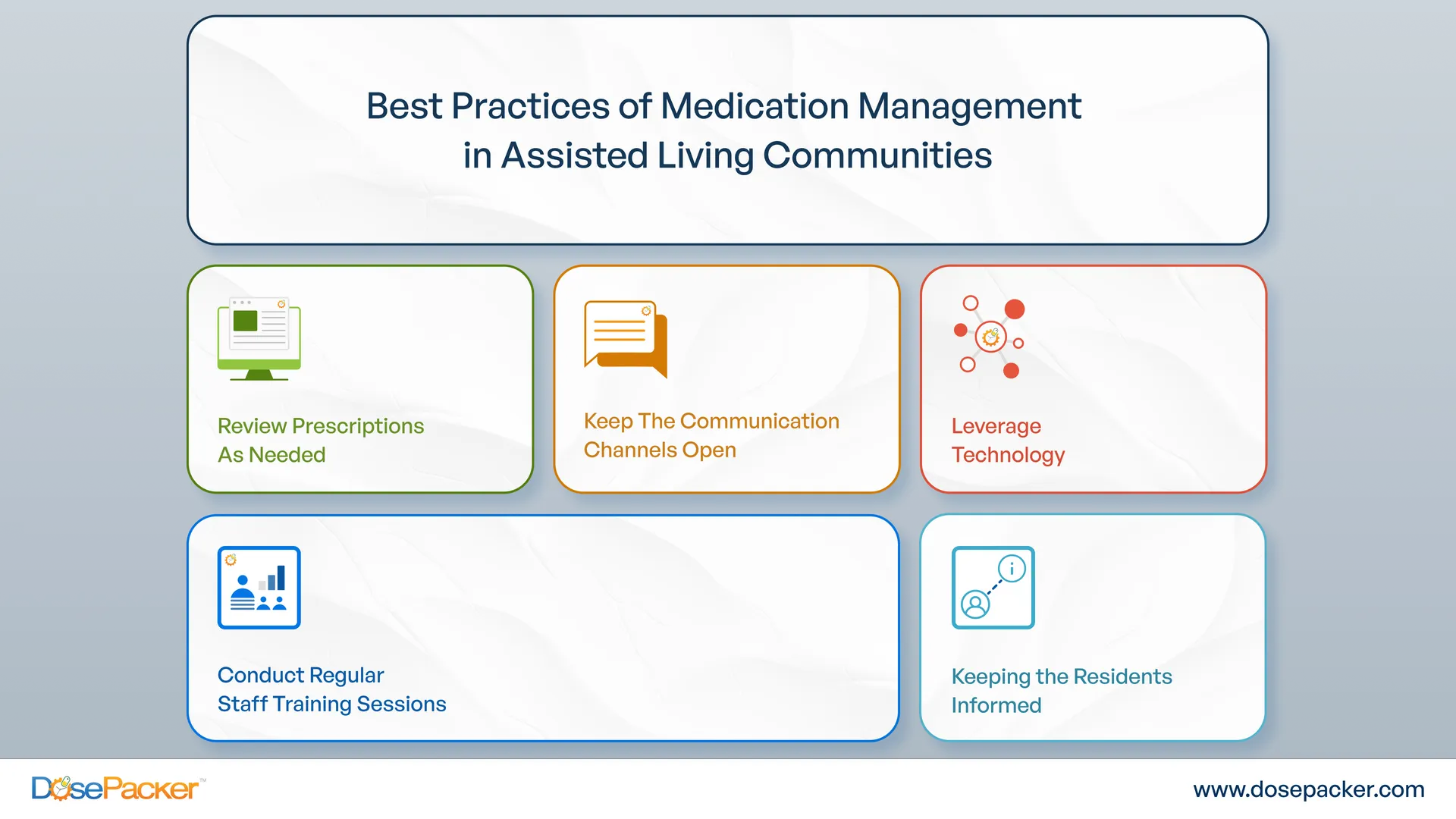
Review Prescriptions As Needed
One of the most effective strategies is conducting comprehensive medication reviews:
- Regular reviews by healthcare professionals: Pharmacists and doctors should assess each medication regimen to ensure that it remains appropriate, effective, and safe.
- Identification of potential interactions: These reviews can help identify and prevent harmful drug interactions and unnecessary medications.
Leverage Technology
The use of technology can reduce human error significantly and improve assisted living medication adherence:
- Electronic health records (EHRs): Integrating EHRs with medication management systems guarantees that all health information is up-to-date and easily accessible.
- Medication management tools: Automated systems and innovative solutions can track medication schedules, alert staff to upcoming doses, and generate reports, ensuring nothing is missed.
Conduct Regular Staff Training Sessions
Staff training and education play a vital role in maintaining high standards of care:
- Ongoing training programs: Regular training sessions help staff stay informed about the latest best practices in medication management.
- Simulation exercises: Hands-on training, such as simulation exercises, can help staff practice managing complex medication regimens in a controlled environment.
Keep The Communication Channels Open
Establishing clear communication protocols is crucial to prevent errors and keep everyone involved in a resident’s care on the same page:
- Standardized communication channels: Use consistent methods for passing along medication-related information.
- Regular team meetings: Schedule meetings to discuss residents’ medication needs, address any concerns, and update care plans as necessary.
Keeping the Residents Informed
Involving residents in their care is another best practice that can lead to better outcomes:
- Resident education: Educating residents about their medications—what they are for, how to take them, and potential side effects—can improve compliance and reduce anxiety.
- Empowering residents: Encourage residents to manage their medications by asking questions and voicing concerns proactively.
Implementing these best practices reduces the risk of errors, enhances the quality of life for residents, and ensures they receive the care they deserve.
DosePacker’s Medication Management Solutions for Assisted Living Communities
After discussing the challenges of medication management, you’re likely looking for ways to improve the care you provide, reduce errors, and ensure the well-being of your residents.
At DosePacker, we offer a range of services designed to address the unique needs of your assisted living community and challenges in medication management. We aim to empower you to provide safer and more efficient care for your residents. By partnering with us, you can:
- Eliminate guesswork with compliance packaging that has detailed labels with the patient’s name, picture, and list of medications and allergies. They are also color-coded according to hours of drug administration. This ensures that each resident receives their medication at the right time, every time.
- Use the latest senior living software – CareCommunityOS, for comprehensive EHR and facility management solutions. It optimizes the operation at your facility with extensive features like placing prescription refill requests, managing resident profiles, documenting eMAR, and more.
With DosePacker’s solutions, you’re not just managing medications – you’re enhancing the quality of care you provide. By making the process safer and more efficient, you’re helping your residents live healthier, happier lives, all while easing your workload.
Optimize Medication Management Today!
Now is the perfect time to evaluate your current medication management processes. Are they as effective and efficient as they could be? If not, consider the benefits that innovative solutions like DosePacker can offer to enhance your community’s medication management.
Remember, every step towards better medication management is a step toward safer, more effective care for your residents. It’s an investment in their health, your staff’s peace of mind, and your community’s reputation.
